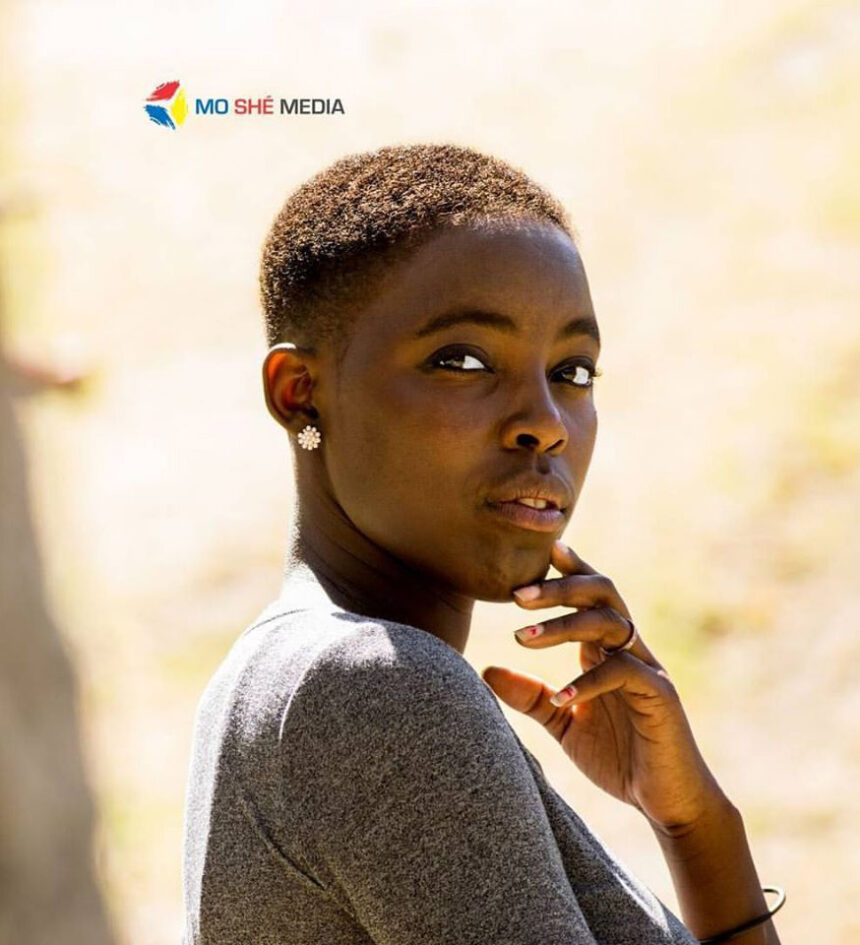After we are done marching for weeks on end, and even after we say their names, light candles and marching with placards held high, silence always falls. This often happens not because we’ve healed, but because we’ve moved on. Or at least some of us have.
The silence that follows femicide in Namibia is always deafening and heartbreaking, especially for women who know the statistics. After the front-page news, after the trending hashtags and the #MeeToo Movements, and after the arrests of the suspects, (if any), the victims’ stories disappear from the national conversation.
We remember their names only in passing — if at all — while their families live out their grief quietly, often with no justice, no support and no change to the system that failed them.
Where are the trauma counsellors? How long does the counselling last? When the politicians visit these families, what happens afterwards? The policy reforms? When we think about it, Okahandja was to go on lockdown, yet nothing happened? How do we continue keeping our children safe when these ‘reforms’ aren’t followed through? The sustained public education? There has been an out roar to bring back ‘My Future, My Choice’ programmes in schools and bring back OYO educational programmes, yet all these fell on defeating ears. How many more memorial services do we need to hold to be reminded that these lives were more than case numbers?
In my last piece, Say Their Names, I tried to piece together the fragments of lives lost too soon – daughters, mothers, sisters, children – all stolen by gender-based violence. I was overwhelmed by the responses from readers, many whom remembered the cases but could not recall the names. Others shared that they no longer keep up with the news because the violence feels endless – which shouldn’t be the case because violence should not exist.
But this isn’t just about memory. It’s about accountability. However, who do we hold accountable?
For every name we chant and then forget, there are families still fighting court delays, communities still normalising abuse and systems still failing to protect the most vulnerable. It begs the question: What is the lifespan of our national outrage? How many more protests do we need to have? How many more hashtags do we have to come up with? How many more posters do we have to write and lift before our arms get tired?
Memorialisation is not just about mourning. It’s about resistance. It’s how we refuse to let these stories vanish. We need annual days of remembrance. Community-run healing spaces. Government-funded trauma support. And a media that revisits cases long after the ink dries.
Because healing – real healing – takes longer than a viral moment.
Until we stop treating femicide as isolated incidents and start seeing it as a societal emergency, we will keep writing names. We will keep lighting candles. And we will keep forgetting.
Let this be a call not just to remember – but to stay remembering. To build a culture that says: “We see you, we won’t forget you, and we will keep fighting in your name.”
* Frieda Mukufa’s lifestyle section in the New Era newspaper concentrates on women-related issues and parenting. She also specialises in editing research proposals, proofreading as well as content- creation.
– etuholefrieda@gmail.com



